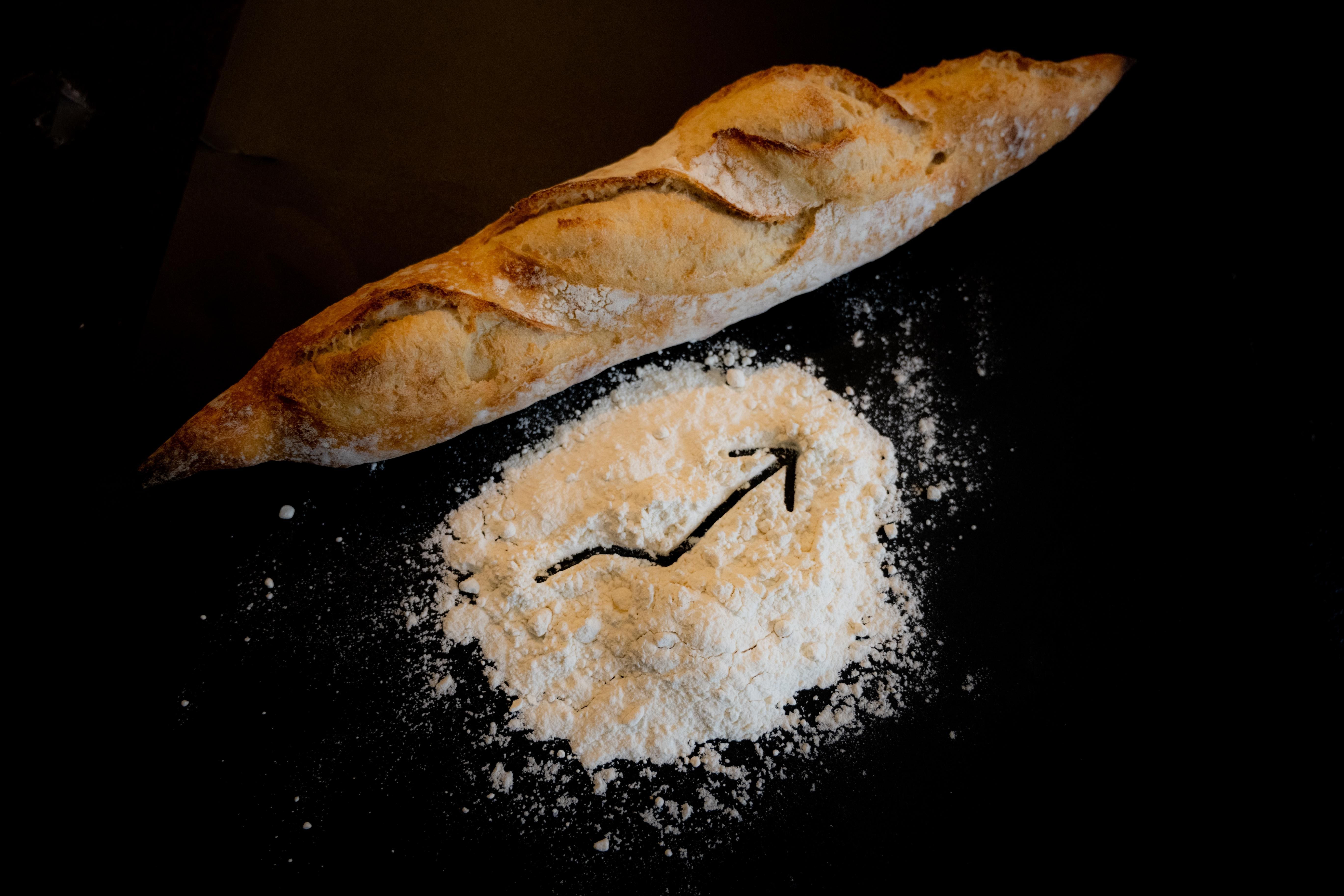October 27, 2021
5: The price of a fresh baguette in France could soon rise by as much as 5 centimes (about 6 cents), as a global wheat shortage makes the staple of French cuisine (and identity) more expensive. That might not sound like much, but considering that France's famed "Bread Observatory" estimates that the French eat 10 billion baguettes every year, it adds up. Revolutions have started over less!
99: There are just 99 days until the start of the Beijing Winter Olympics. That means 99 days for Xi Jinping's people to figure out how to hold a pandemic-safe event, and 99 days for other countries, particularly in the "West" to decide what kind of boycotts they are really willing to impose on account of China's human rights abuses in Xinjiang and its security crackdown in Hong Kong.
1 million: Poland's ongoing clash with the EU over judicial reforms is starting to get expensive now. The European Court of Justice on Wednesday ordered Poland to begin paying a fine of 1 million Euros per day so long as Warsaw continues to ignore an EU ruling which said that recent Polish judicial reforms violate the bloc's rule of law standards. Poland, which called the fine "blackmail," doesn't seem likely to start writing checks to Brussels just yet.
7,000: Saudi Arabia is reportedly trying to lure as many as 7,000 companies from around the world to set up regional headquarters in the Kingdom. The move — which includes incentives like expedited work visas and lighter regulation — is part of Riyadh's bid to challenge Dubai as the Gulf's most multinational-friendly location.
More For You
- YouTube
At the 62nd Munich Security Conference in Munich, GZERO’s Tony Maciulis spoke with Benedikt Franke, Vice Chairman and CEO of the Munich Security Conference, to discuss whether the post-1945 global order is under strain or already unraveling.
Most Popular
- YouTube
Zelensky agrees: elections matter #PUPPETREGIME
As more small businesses move sales, payments, and customer relationships online, they unlock new opportunities, but they also become easier targets for cyber-criminals and other threat actors.
TOKYO, JAPAN - FEBRUARY 8: Japan's Prime Minister Sanae Takaichi, leader of the ruling Liberal Democratic Party (LDP), places a red paper rose on the name of an elected candidate at the LDP headquarters on general election day on February 08, 2026 in Tokyo, Japan. Voters across the country headed to polls today as Japan's Lower House election was held.
Photo by Kim Kyung-Hoon - Pool/Getty Images
When Japanese Prime Minister Sanae Takaichi called snap elections last month, it was a big gamble. Holding a winter election just four months into her tenure with no real policy record to run on?
© 2025 GZERO Media. All Rights Reserved | A Eurasia Group media company.
